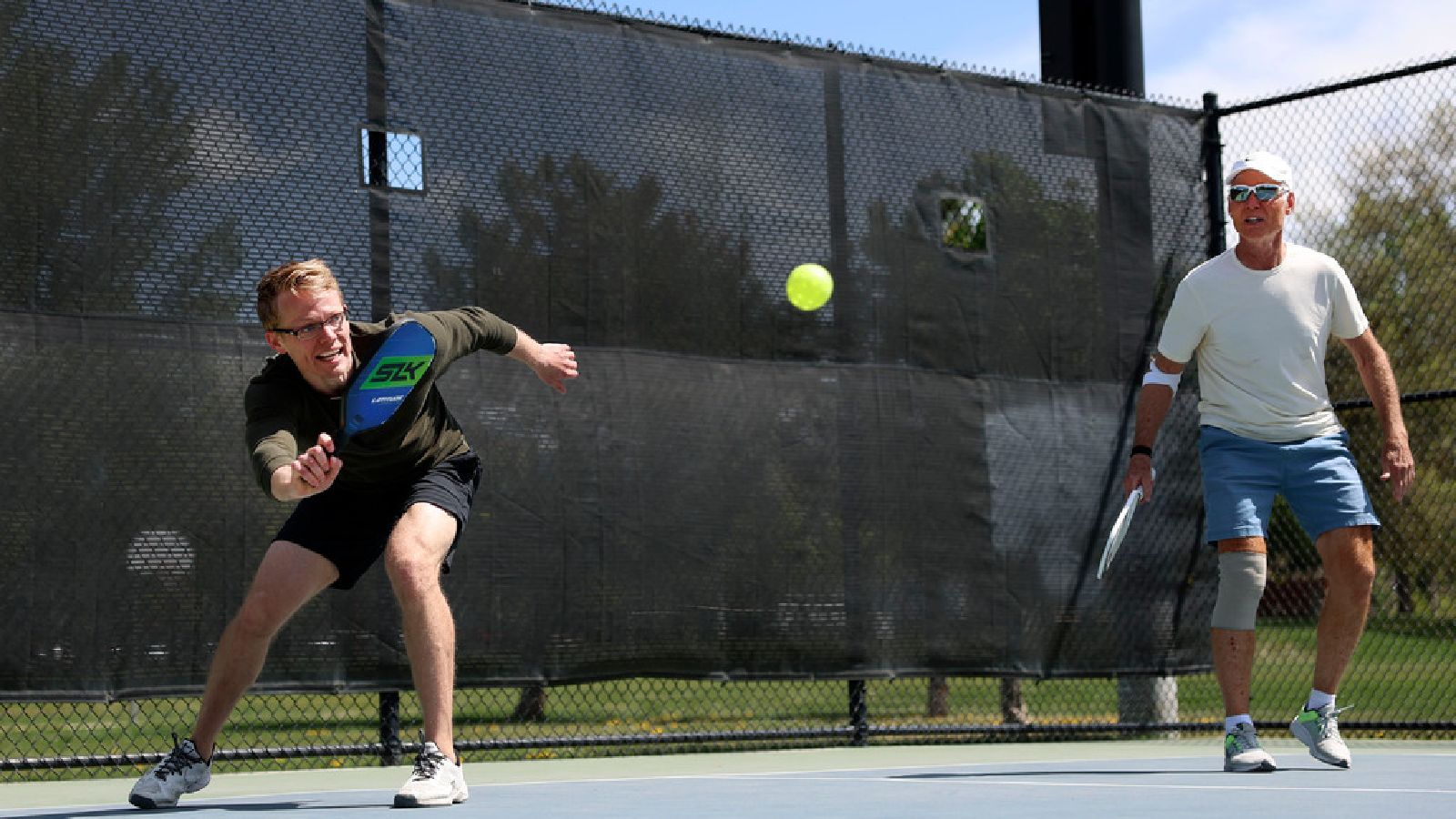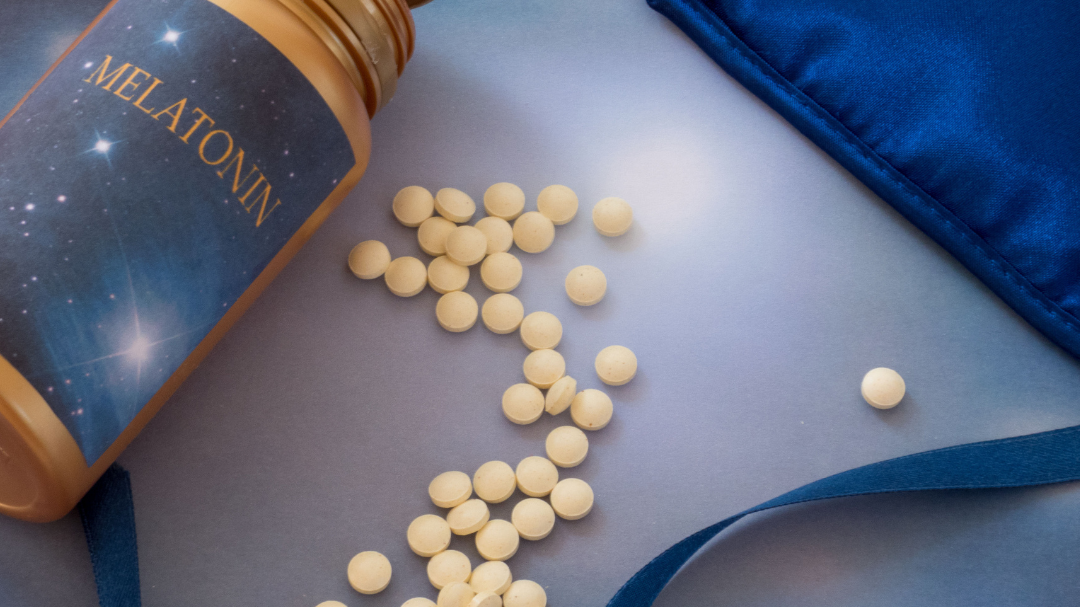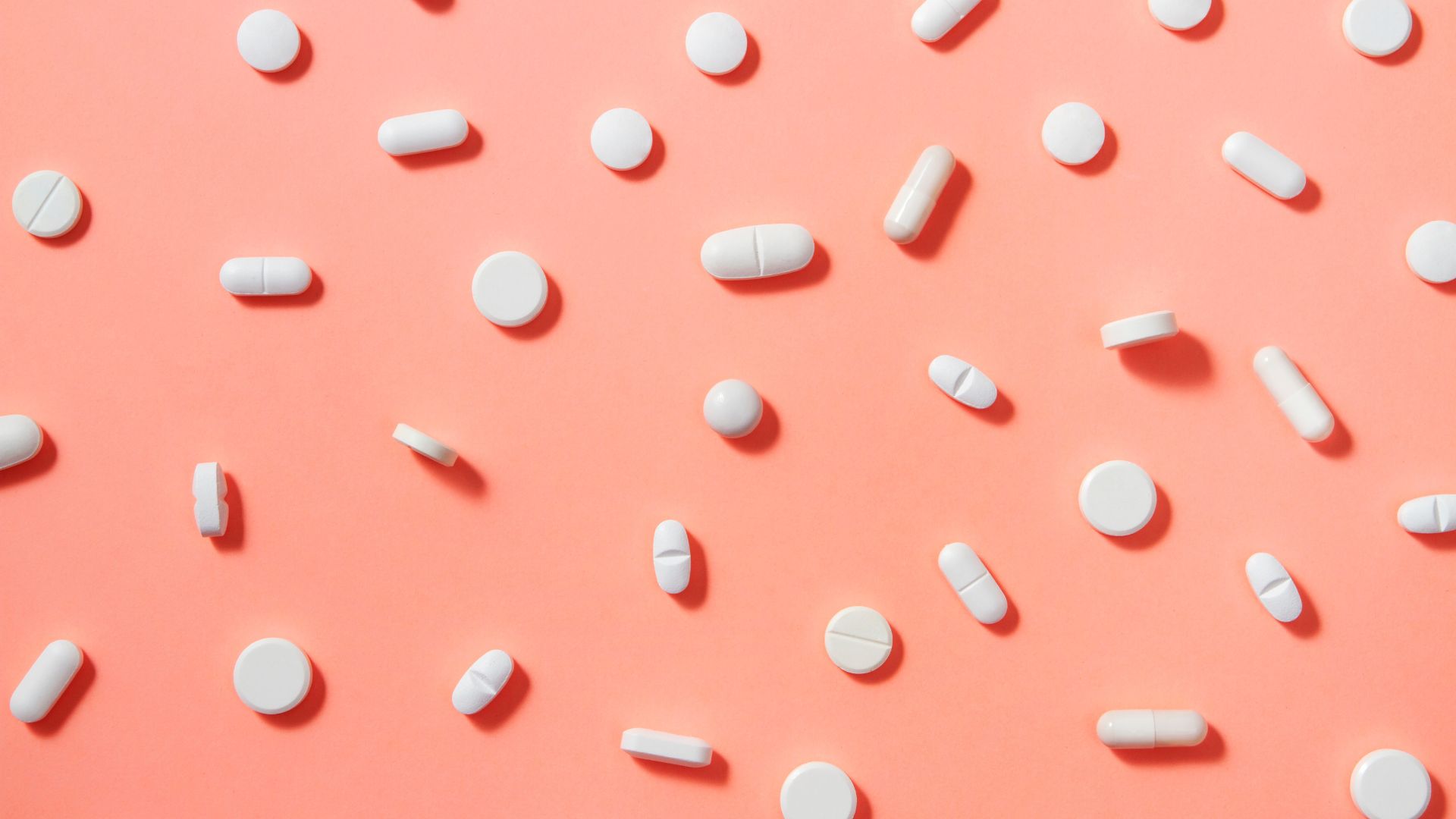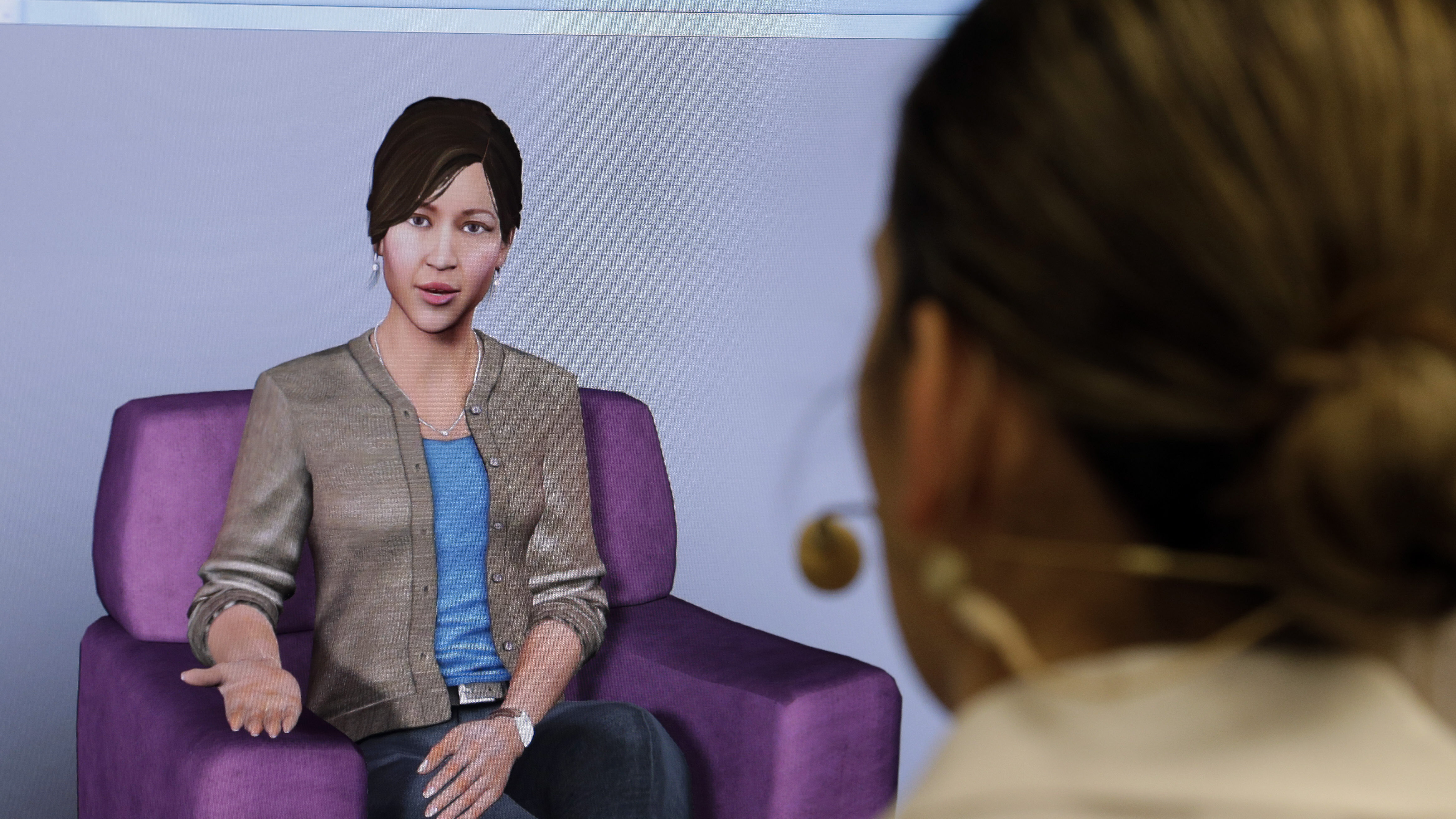Young stroke victim survives with quick, lifesaving treatment in northern Utah
May 15, 2023, 10:08 AM | Updated: May 17, 2023, 11:09 am
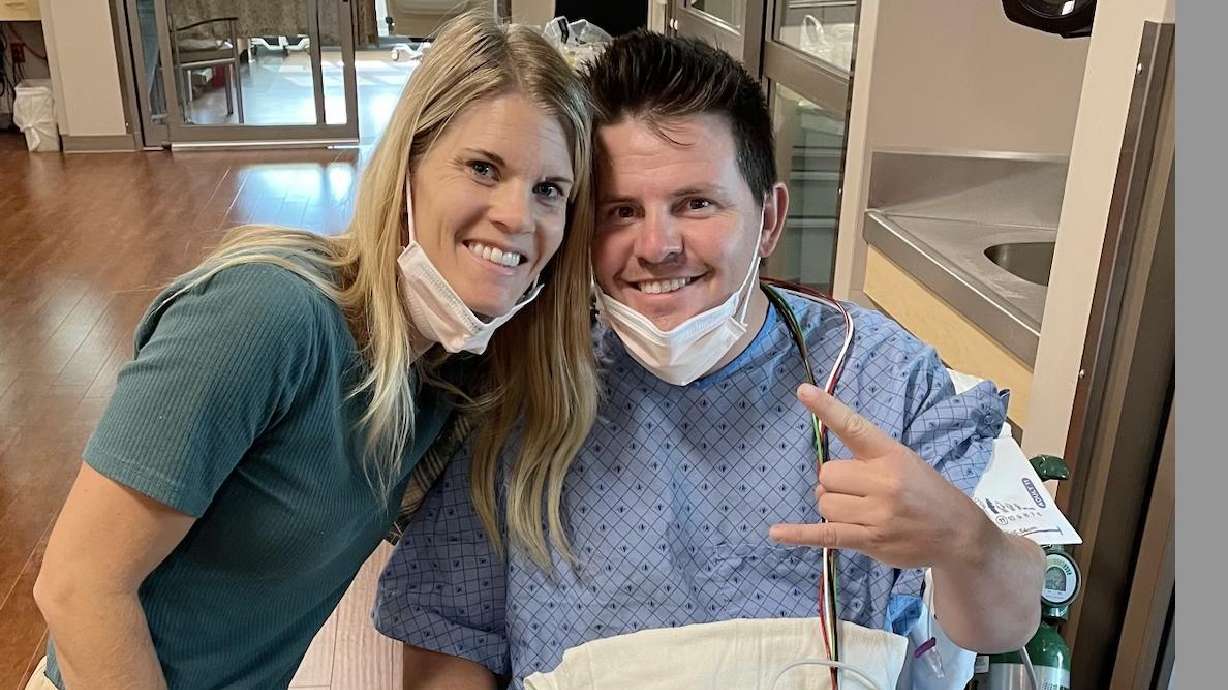
Melissa Coleman crouches next to her husband, , Brad Coleman, of North Ogden, who sits in a wheelchair at Intermountain Health's McKay-Dee Hospital on Oct. 10, 2022. (Coleman family photo)
(Coleman family photo)
OGDEN — Brad and Melissa Coleman were headed to their young child’s soccer game when his speech started to slur.
She stopped at a red light and looked over at her husband and saw the left side of his face drooping. When the symptoms started to hit him, Brad Coleman, of North Ogden, said he didn’t believe it could be a stroke — he was just 36 years old.
Melissa Coleman was also in denial, but as the symptoms continued to line up, she drove her husband to the nearest emergency room.
Despite Brad receiving clot-buster medication, it was determined that he would need to go to Intermountain Health’s McKay-Dee Hospital to receive a mechanical thrombectomy — a special emergency procedure that would remove the clot in his brain that was causing the stroke and its symptoms.
“We just know that it’s a great hospital, so we knew that he would receive the best care here, and that’s what we were after,” Melissa Coleman said. From when he arrived at the ER, to when the clot was removed, it was just 13 minutes, Brad Coleman said.
Due to a successful surgery, all his stroke symptoms were reversed.
“That’s the most critical component of this whole thing — is how quickly you can get care and how quickly you can get it resolved so it minimizes the amount of damage that you have to your brain,” Brad Coleman said. “I can’t say enough about Dr. (Travis) McKenzie and his staff, their quick response and the good care they provided.”
McKay-Dee, which received Primary Stroke Center Certification from the Joint Commission in 2007, has performed thrombectomies for hundreds of patients since 2011. The program recently went through a rigorous and extensive certification by the Joint Commission and became the first nationally certified thrombectomy-capable stroke center in Utah.
It was a process that has been “years in the making,” according to Dr. Michael Webb, a vascular and interventional radiological specialist at McKay-Dee. The new designation qualifies the hospital for a specific protocol in which emergency technicians can bypass other hospitals and take patients directly to McKay-Dee for the lifesaving procedure.
“Treating stroke effectively is a huge team effort,” Webb said. “What makes us unique, especially in northern Utah, is a team that has been training for a long time to take care of these patients who really have acute needs that are unique.
“The most satisfying thing is, that while stroke is a scary and debilitating disease process, for a lot of patients that receive timely care, their condition can be substantially improved, if not normalized.”
Despite all physical effects being reversed, Brad Coleman noted that the stroke still left some emotional scars.
“I wasn’t expecting the emotional impact of having a stroke,” he said. “The biggest question in my mind was, ‘Is this going to happen again — and if it does happen again, are we going to get as lucky as we did the first time?'”
Doctors still aren’t sure why Brad Coleman experienced a stroke at such a young age.
“There’s lots of reasons why young people can have strokes, they’re definitely not exempt from it — even kids have strokes,” said Dr. Melissa McDonald, a stroke neurologist at McKay-Dee. “I know that it can happen at pretty much any age.”
There is also “definitely a link between COVID and young people having strokes,” according to McDonald, as having COVID-19 can increase the coagulability of the blood and predispose some patients to strokes. Other predispositions could include hereditary clotting or cardiac abnormalities.
No matter the cause, McDonald said that the best way to see if someone is having a stroke is to remember some key symptoms, including that the individual is off-balance, their face is drooping, they have slurred speech and their arms are weaker.
And, she said, getting immediate treatment for stroke is of the essence.
“The sudden onset is the biggest clue that you’re having a stroke,” McDonald said. “If you suddenly have any of those symptoms, we recommend that you call 911 and get to a stroke center right away so you can get treated as soon as possible.”


